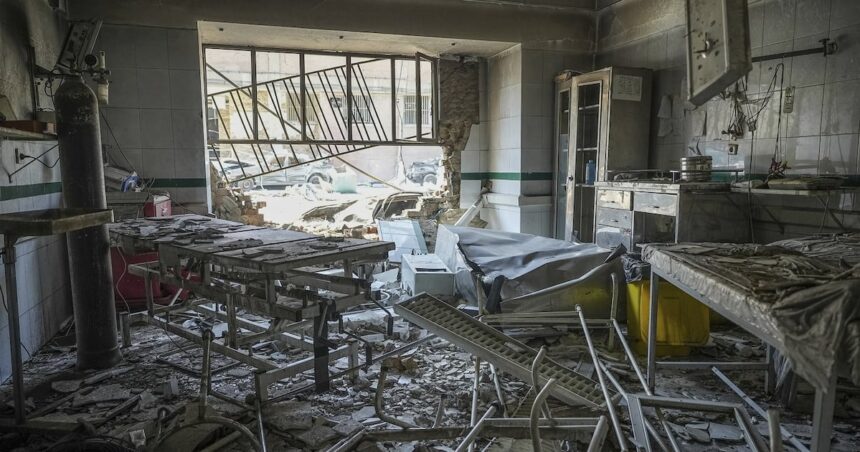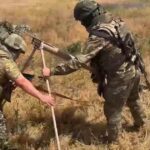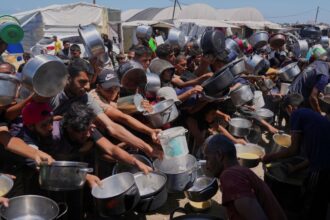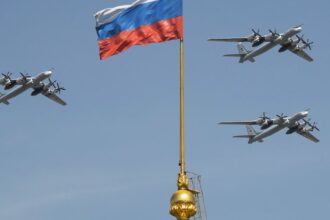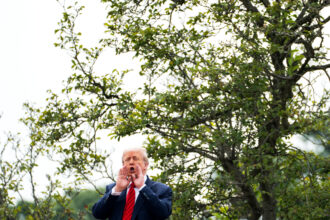In a dramatic escalation of Middle East tensions, Israeli warplanes targeted Tehran’s notorious Evin Prison early yesterday, leaving at least 71 dead according to Iranian judiciary officials. The precision strike, which Israel claims targeted “terrorist infrastructure,” has sent shockwaves through diplomatic channels and threatens to push the region closer to all-out war.
The pre-dawn attack marks Israel’s first direct military action on Iranian soil beyond the previously reported strikes on military installations in April. Evin Prison, infamous for housing political prisoners and foreign nationals, was reportedly struck by multiple guided munitions that caused catastrophic damage to the facility’s western wing.
“This deliberate attack on a civilian detention center represents a flagrant violation of international law,” declared Iranian Foreign Minister Hussein Amir-Abdollahian in an emergency press conference. “The Islamic Republic reserves the right to respond decisively to this act of aggression.”
Israeli officials, speaking on condition of anonymity, told CO24 the operation specifically targeted sections of the prison complex allegedly housing “command and control facilities for terrorist operations against Israeli citizens.” The Israeli Defense Forces released satellite imagery purporting to show military equipment and communications arrays within the prison compound.
Human rights organizations have expressed alarm over the attack, noting Evin’s long history of housing political dissidents alongside convicted criminals. “We’re deeply concerned about the welfare of all detainees, particularly those held on politically motivated charges,” said Amnesty International in a statement released hours after the strike.
According to CO24 World News, at least seven foreign nationals were among those killed, including dual citizens from Britain, France, and Germany. Western governments have called for immediate consular access to any surviving detainees with ties to their countries.
The strike comes amid escalating regional tensions following months of tit-for-tat attacks between Israel and Iranian-backed groups across the Middle East. Security analysts suggest this direct action against an Iranian government facility represents a significant strategic shift in Israeli military doctrine.
“This marks a dangerous new phase in the conflict,” explained Dr. Maryam Rahmani, senior fellow at the Toronto Institute for Global Security. “By striking a high-profile target inside Tehran itself, Israel has effectively rewritten the rules of engagement with Iran.”
Iranian Supreme Leader Ayatollah Ali Khamenei has convened an emergency meeting of the Supreme National Security Council, with military commanders reportedly presenting options for retaliation. Oil prices surged nearly 8% in early trading as markets reacted to the prospect of wider regional conflict potentially threatening energy infrastructure.
The United Nations Security Council has scheduled an emergency session for tomorrow, while diplomatic efforts to prevent further escalation are underway. Canadian Foreign Affairs Minister has urged both sides to exercise restraint, while acknowledging Canada’s support for Israel’s right to self-defense against terrorist threats.
As rescue operations continue at the prison site, the full humanitarian impact remains unclear. Iranian state media has released footage showing extensive damage to multiple buildings within the complex, with emergency responders still working to reach areas where survivors might be trapped.
The international community now watches anxiously to see how Iran will respond to this unprecedented strike on its capital. Will this attack mark the beginning of a new, more dangerous phase in Middle East conflicts, or could it potentially force both sides to reconsider the costs of continued escalation?

